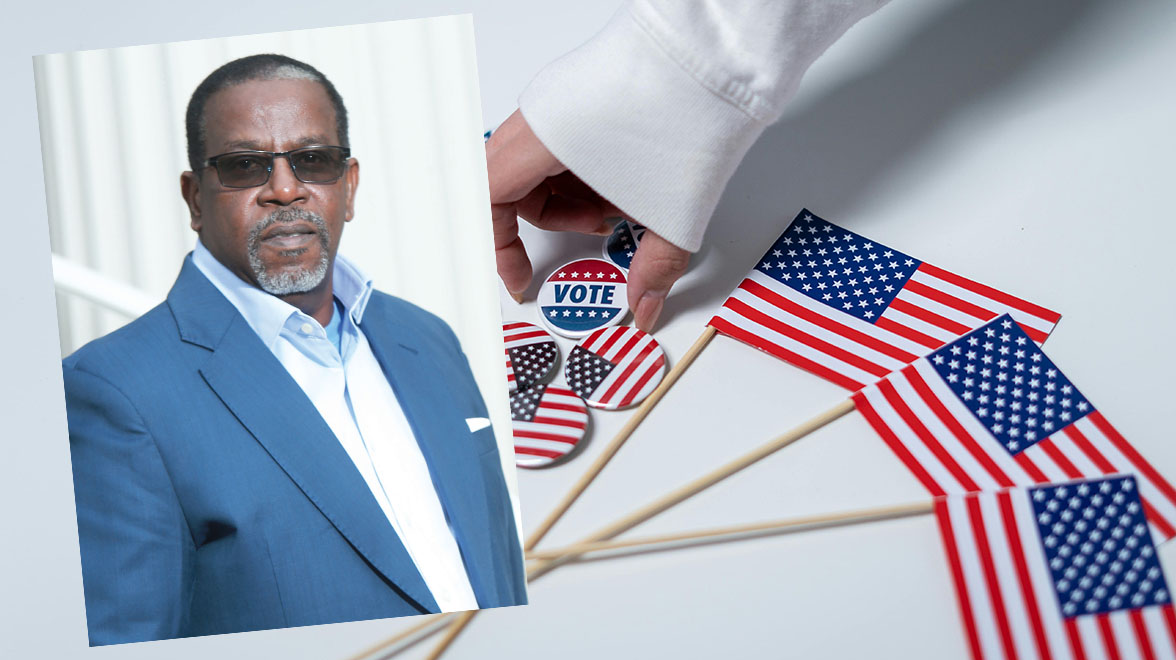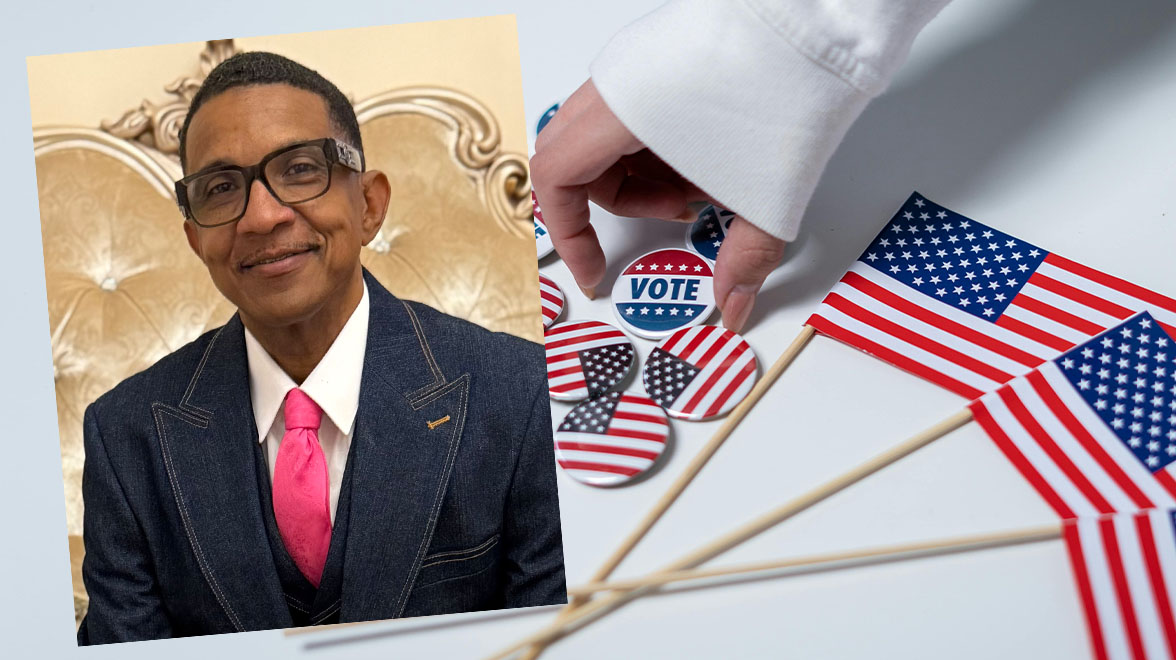Health plan’s impact unknown: KDMC waiting for more info on healthcare bill
Published 11:07 pm Friday, May 19, 2017
House Republicans earlier this month released a plan for unraveling former President Barack Obama’s health care law, a package that would scale back the government’s role in healthcare and likely leave more Americans uninsured.
How could the plan affect Lincoln County’s only hospital and its residents? It’s still a bit unclear.
Alvin Hoover, CEO of King’s Daughters Medical Center, is waiting to see what the final healthcare bill will entail once the Senate reviews it.
“It’s currently in the Senate and they will have to pass their own version. They have different rules and we really expect it to be different that the House version. How different? We don’t know yet,” said Hoover. “There’s just some debate on whether you’re a Republican or Democrat on which plan is better. Will this work or will that work? The jury is still out on that.”
Michael Gates, of Brookhaven, feels changes are necessary.
“I’m not against Trump but somebody has to get in there and fix it,” said Gates, 36, a lending officer at Bank of Franklin. “It’s unaffordable, it’s defeated its original purpose. It’s bankrupt, all of the insurance companies are leaving. Our healthcare laws cannot continue in its current state.”
Hoover is skeptical of what a new healthcare law could mean for the hospital and the medical community.
“My opinion is that any change that happens for a hospital is going to make it tougher for hospitals to stay in business and provide the care that they’ve been providing,” Hoover said. “In the past 10 years, look at the number of small hospitals, particularly small rural hospitals that have closed. I suspect as we continue to change and look at the new version of healthcare, that trend will continue. I’m just hoping things will get debated to benefit the hospitals and our physicians, because right now as I’ve read the bill, there’s nothing coming back for the work we’re doing.”
Caught in the middle
Hoover said hospitals are caught in the middle of the country’s desire to increase access to healthcare and keep it affordable at the same time.
“Twenty years ago, all you heard about is that you have to increase access to healthcare for people,” he said. “And now what you hear is that we have so much access that we can’t afford it. Hospitals are stuck in the middle of that. We’re expected to provide care. If someone comes to the emergency room, in an emergent condition, we care for them no matter if they can pay or not.”
Then comes the question that Americans have debated for years: is healthcare a right or a privilege?
“There’s a basic right to healthcare in America,” Hoover said. “How much healthcare do you have access to? The challenge we face right now, is how do you take care of those that are less fortunate and can’t afford to pay for their own care?”
The new healthcare plan passed out of the House would repeal Obamacare’s unpopular fines on people who don’t carry health insurance. It would replace income-based subsidies the law provides to help millions of Americans pay premiums with age-based tax credits that may be skimpier for people with low incomes. Those payments would phase out for higher-earning people.
The bill would continue Obama’s expansion of Medicaid to additional low-earning Americans until 2020. Beginning then, states adding Medicaid recipients would no longer receive the additional federal funds the statute has provided. The plan is expected to cover fewer than the 20 million people insured under Obama’s overhaul, including many residents of states carried by President Donald Trump in November’s election. Republicans said they were chiefly focused on reducing costs and increasing choice for consumers.
Mississippi was one of 19 states that didn’t expand Medicaid under Obamacare.
“We kind of turned our back on that money that was available to Mississippi,” Hoover said. “The money could have been used for hospitals, physicians and other healthcare related things. In this case, while Mississippi gave up $2.5 billion, other states gave up money as well. There was some hope that the 19 states that didn’t expand Medicaid would see some sort of benefit in the new healthcare law. Overall, in the legislation that passed the House, representatives said there was about $2 billion to be split among 19 states that didn’t expand Medicaid. So that’s just sort of a drop in the bucket.”
“Medicaid barely pays for the cost of healthcare. Without the expansion in Mississippi, we have uninsured rates between 10 to 12 percent overall but bad debt in hospitals runs between 12 to 15 percent at some hospitals,” said Hoover. “If you figured that 45 percent of your business is Medicare, which is roughly paying the cost of healthcare. Another 20 percent of our business is Medicaid, which is barely paying any cost of healthcare. Ten percent of our business is self-pay, which you’re lucky to collect much of anything on that. About 27 to 30 percent of our business is commercial insured. That’s where you really have to make up the difference. There’s a cost shifting that happens with hospitals so that the folks that have insurance are the ones that pay more for healthcare.”
More control possible
With a change in how Medicaid may be funded in the future, Hoover said states may have more control over how that money is dispersed.
“They are talking about block grants under the new healthcare law,” he said. “Which means that the states will then have all of the discretion of how they spend that money. The question is can our state Legislature and our Division of Medicaid come up with a plan that disperses the money as equitably or more equitably as it is now. That’s a big question. The healthcare plan is designed to make sure that people that qualify for Medicaid get Medicaid. Then it’s designed for folks that don’t have insurance to be able to pick up insurance.”
Before Obamacare became law, hospitals, insurance companies and pharmaceutical companies met with the government to discuss what they could cut in order to support the new law and have government support, Hoover said.
“So while there were several organizations that met with the government and said we’re willing to take less if we can get these concessions back out of it, what you’re seeing in the Republican repeal and replace so far is pharmaceutical companies are getting a little bit of their cut back and insurance companies don’t have to provide the same benefits, so they get a little of the cut back. Hospitals didn’t get anything back.”
The House’s plan was met with some pushback from Democrats and some Republicans.
Senate Finance Committee Chairman Orrin Hatch, R-Utah, wouldn’t rule out changes by his chamber, where moderate Republicans have grumbled that the measure could leave too many voters uncovered. Others felt it didn’t do enough.
“It still looks like Obamacare-lite to me,” said Sen. Rand Paul, R-Ky., one of three Senate conservatives who have criticized the GOP bill. “It’s going to have to be better.”
Solid Democratic opposition is a given.
“Republicans have decided that affordable health care should be the privilege of the wealthy, not the right of every family in America,” said House Minority Leader Nancy Pelosi, D-Calif.
Mississippi Reps. Gregg Harper, Steven Palazzo and Trent Kelly, all Republicans, voted in favor of the plan. Rep. Bennie Thompson, a Democrat, voted against it.
The Associated Press contributed to this story.






